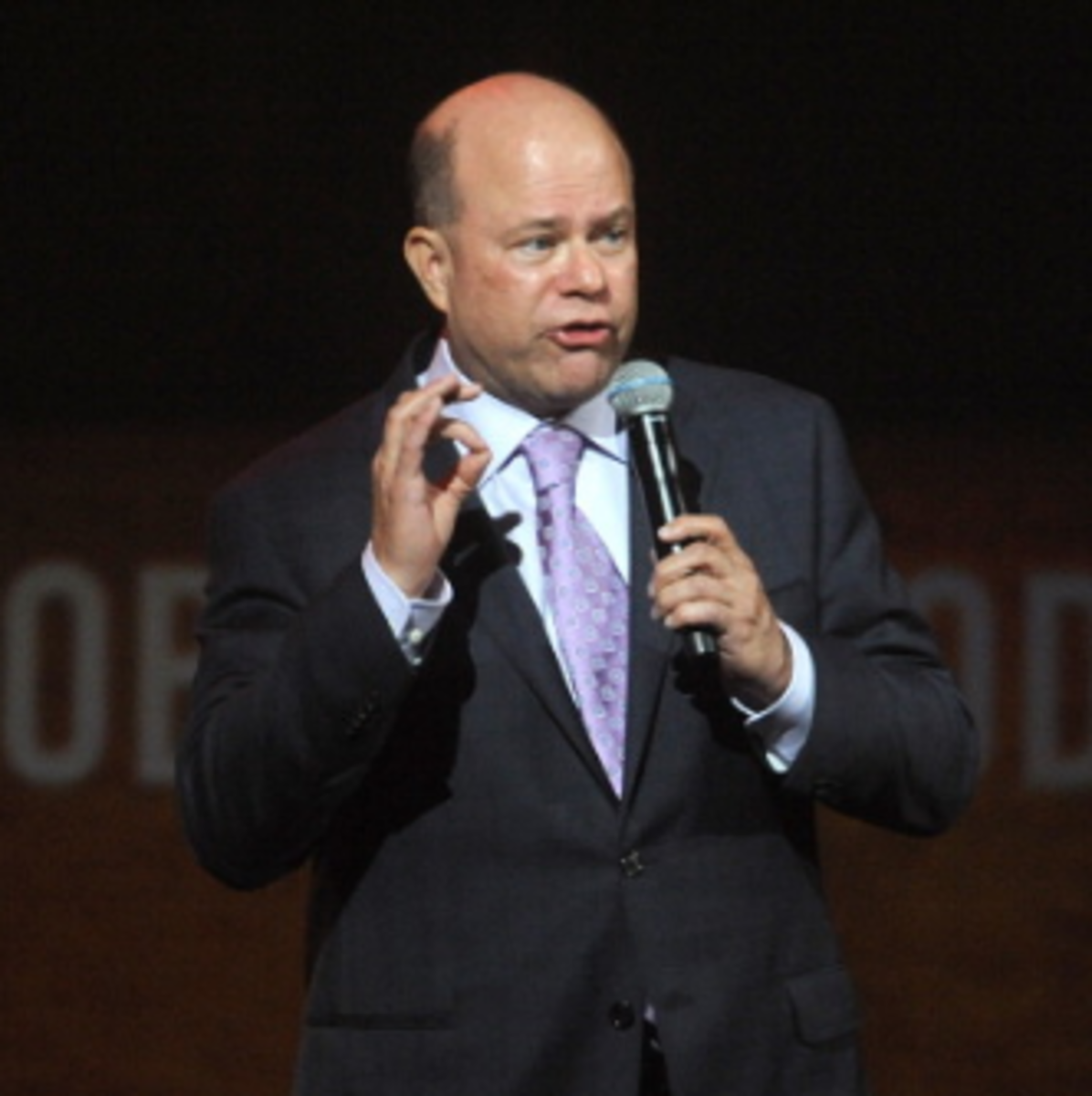
(Image via Shutterstock)
The COVID-19 crisis had given us a lot of time to think, worry, and maybe even plan for the various twists and turns that life brings. Admittedly planning for illness and death is not a pleasant activity, although in theory it should provide some kind of relief that one’s affairs are in order. This is important not only with regard to one’s own care, but with respect to children, parents, partners, friends, and charities.
Like an annual physical exam or dental cleaning, we know we must, but we often delay. Fear, anxiety, cost, and time are all factors in delaying that which all adults, regardless of familial structure and net worth, should accomplish. Executing estate planning documents, specifically a last will and testament, power of attorney and healthcare proxy, need not be a tremendous production, especially in the precarious times in which we live. At a minimum, we should all execute three basic documents, thus mitigating any future drama.
When we pass away, our assets are distributed according to their title, beneficiary designation, a last will and testament, or by the state’s laws of intestate. Joint accounts pass to co-owners, accounts and policies with named beneficiaries pass to the named individuals, and a last will and testament will determine the recipient of any individually held asset, such as a bank account, real estate, or tangible item. If you die without a will, your state’s laws dictate who gets your assets and that may not coincide with your wishes. For example, if you do not have a spouse, children, parents, or grandparents, it is possible that your aunts, uncle, nieces, nephews, or even cousins can receive assets. In some states, stepchildren may be intestate heirs. If you have absolutely no family, your estate may escheat to the State. Especially if you have an estranged familial relationship, you should write a last will in order to properly disinherit anyone whom you do not wish to take under your estate. If you have charitable inclinations, it is also important to make a last will and testament, to include the organization in the disposition of your assets.
If you have minor children, guardians are appointed under the last will and testament. In an abundance of caution, successor guardians are also appointed in the event the initial nominees cannot serve. Trustees may be appointed as well, to manage the minors’ monies until they are old enough to do it for themselves. Without these last will appointments, the local probate judge will choose the children’s guardians, and they may not be the individuals you feel best suited to serve in that capacity (e.g., you cannot stand your mother-in-law, but the judge believes she is an amazing choice).
You should speak with an attorney in your locality about drafting and executing a last will and testament or other testamentary vehicles such as a revocable trust. The attorneys will also address any tax issues related to your estate.
All adults should also execute a power of attorney. A last will and testament controls your assets when you pass away, and a power of attorney controls when you are alive, but, incapacitated or unable to act on your own behalf. The power of attorney authorizes an agent to stand in your place regarding financial matters such as banking, filing taxes, dealing with real estate, and applying for governmental benefits. Without a power of attorney, assets may not be accessible to pay for maintenance, care, or support. Families, health facilities, and even city and state bureaus may commence guardianship proceedings to appoint a guardian to manage your finances or personal needs in the event of incapacity.
The third branch in the trinity of essential estate planning is a healthcare proxy.
Simply, if you are unable to make medical decisions for yourself, an appointed agent will be called upon to act. You should discuss your medical wishes with the agent, not just regarding end-of-life care, but also in the event of temporary illness. You may include specific instructions as to end-of-life care, such as directions as to mechanical respiration, cardiac resuscitation, and antibiotics.
In many jurisdictions certain restrictions as to in-person executions have been lifted or modified to accommodate social distancing practices during this time. COVID-19 has taught us a lot about the fragility of life. It also confirms that death does not discriminate based on age, race, net worth, or marital status. COVID-19 conjures up a lot of complicated emotions and economic and social problems. Taking care of your estate plan need not add to that stress. Instead it should provide some solace and allow you to free your mind.
Cori A. Robinson is a solo practitioner having founded Cori A. Robinson PLLC, a New York and New Jersey law firm, in 2017. For more than a decade Cori has focused her law practice on trusts and estates and elder law including estate and Medicaid planning, probate and administration, estate litigation, and guardianships. She can be reached at cori@robinsonestatelaw.com.



 Kathryn Rubino is a Senior Editor at Above the Law, and host of
Kathryn Rubino is a Senior Editor at Above the Law, and host of 








 Jordan Rothman is a partner of
Jordan Rothman is a partner of 




